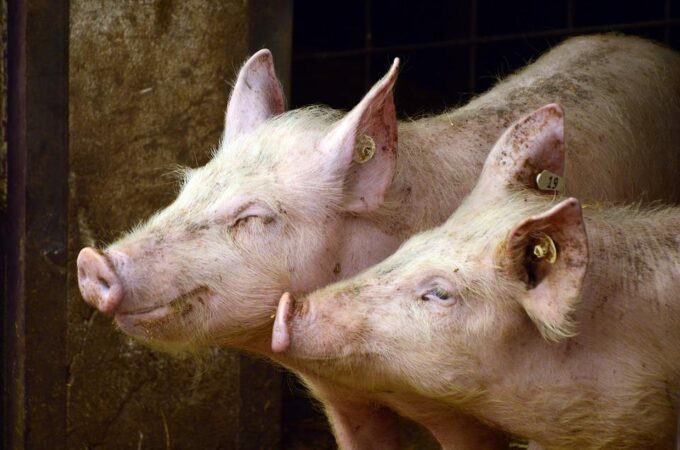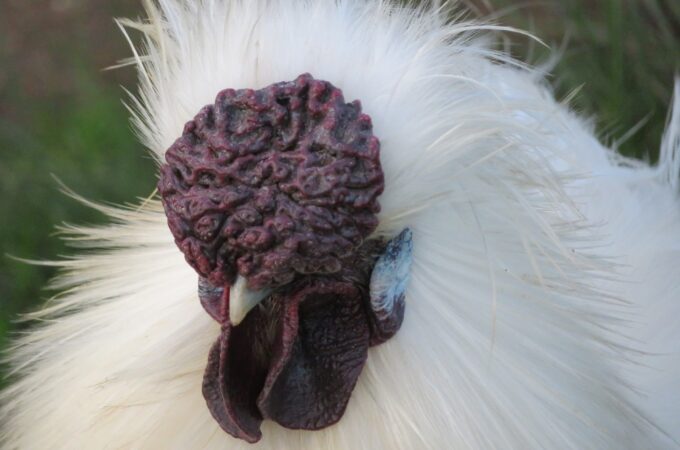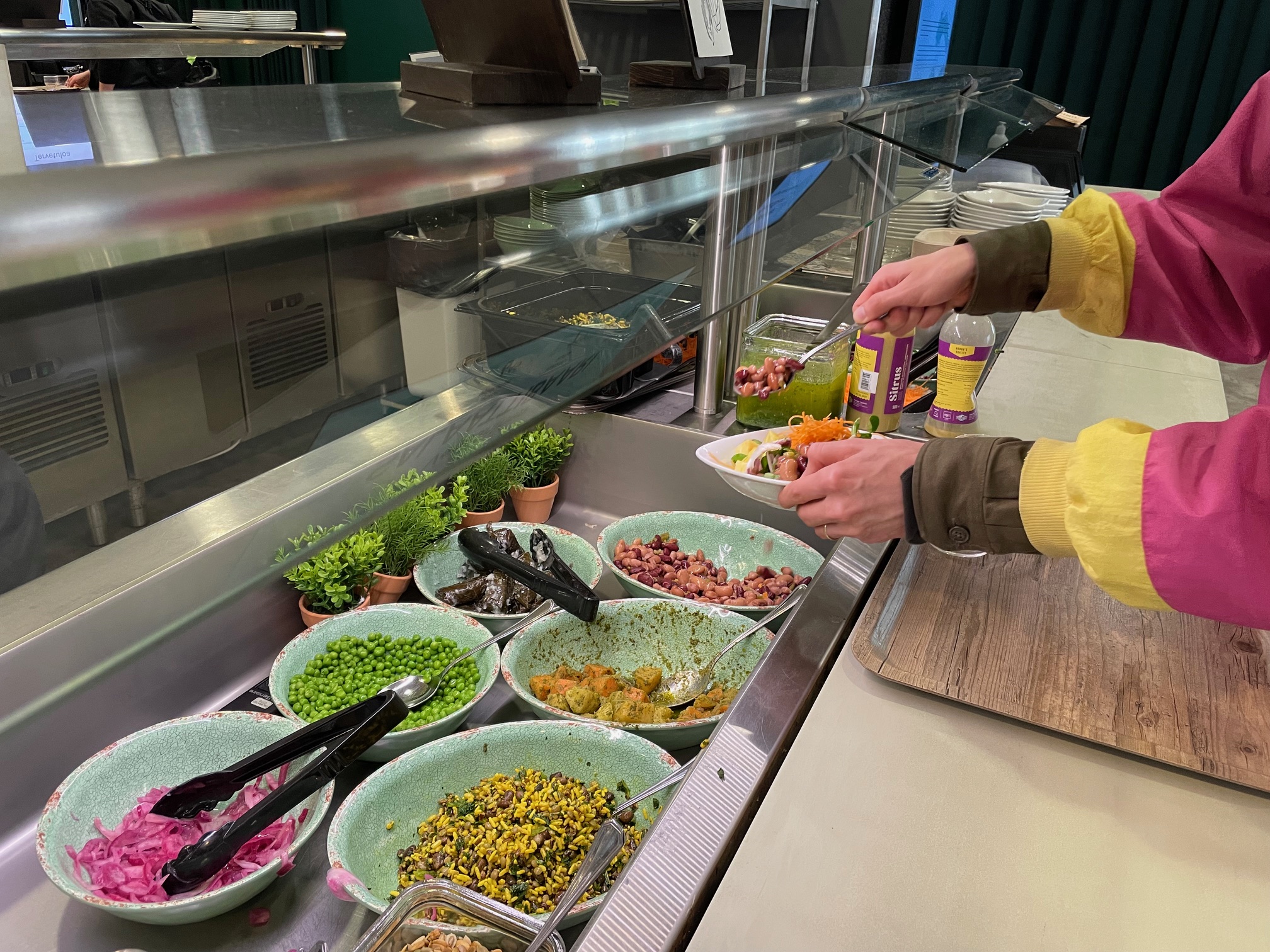
Intertwined Fates: A Costa Rican’s Analysis of Finnish Motivations for Vegan Eating Practices
Veganism, once merely a philosophy to avoid animal products, has become a complex socio-political movement with diverse interpretations and motivations. Based on my experience as a Costa Rican—representing a perspective from the Global South—living in Finland as a student at the University of Helsinki, and grounded in the context-sensitive approach advocated by multispecies feminist scholarship, I explore veganism and its intersections with race, class, gender, the environment, and species. Drawing on Haraway’s (2016, 33) suggestion to “stay with the trouble,” I seek to problematize the single-optic perspectives that dominate vegan discourses because, while each perspective holds validity, their isolation from one another limits the potential for a comprehensive and inclusive understanding of veganism. I argue that human, animal, and environmental flourishing are inseparably intertwined in our globalized world. Thus, an integrated approach to veganism with a “multi-optic vision” (Kim 2015, 20) of its motivations is essential to overcome entangled struggles of exclusions and oppressions.
In Costa Rica, my experience with veganism featured accessible fresh produce and grains but was limited by scant information on decolonial vegan diets and costly processed plant-based protein that aligned with white, middle-class, American consumerism. Conversely, in Finland, the abundance of affordable plant-based options, especially at UniCafe – often marketed as the “climate choice” –sparked my curiosity about vegan dietary preferences. The Finnish emphasis on individual health and ecological harm that I experienced, overshadowing the critical aspect of intra-human oppressions and animal welfare, led me to question the prevalent motivations for veganism and the potential exclusions within these narratives.
The motivations for veganism often center on personal wellbeing and environmental concerns, influenced by neoliberal sensibilities that prioritize individualistic and economic values. This emphasis on individual wellness is evident in popular media, such as Netflix’s The Game Changers (2018), where the discourse primarily highlights the personal health and physical advantages of veganism. It is also reflected in the marketing strategies of companies like Quorn, a producer of non-animal protein. On its website, Quorn promotes Western health and beauty standards such as a “reduced waist circumference” (Quorn 2023a). Similarly, the imagery used in Quorn’s muscle-building promotion (Quorn 2023b), featuring a physically fit, white male, reflects a narrow and exclusionary representation that targets the dominant culture’s race, values, and practices.
Such trends emphasize the influence of neoliberal capitalism and white, heteronormative beauty ideals, and raise questions about the authenticity of individualistic health choices, suggesting that they may be influenced by the systemic biases that disregard diverse races, classes, ethnicities, sexualities, and gender identities. Consequently, I believe that advocating for a decolonial food justice approach within veganism is crucial to challenge these “implicitly white middle-class vegan subjectivities and identities” (Aavik et al. 2023, 17). It is essential to understand how individual dietary choices might perpetuate a homogeneous approach to diet, thereby demoting culturally diverse and contextually sensitive modes of living that also avoid consuming non-human animals.
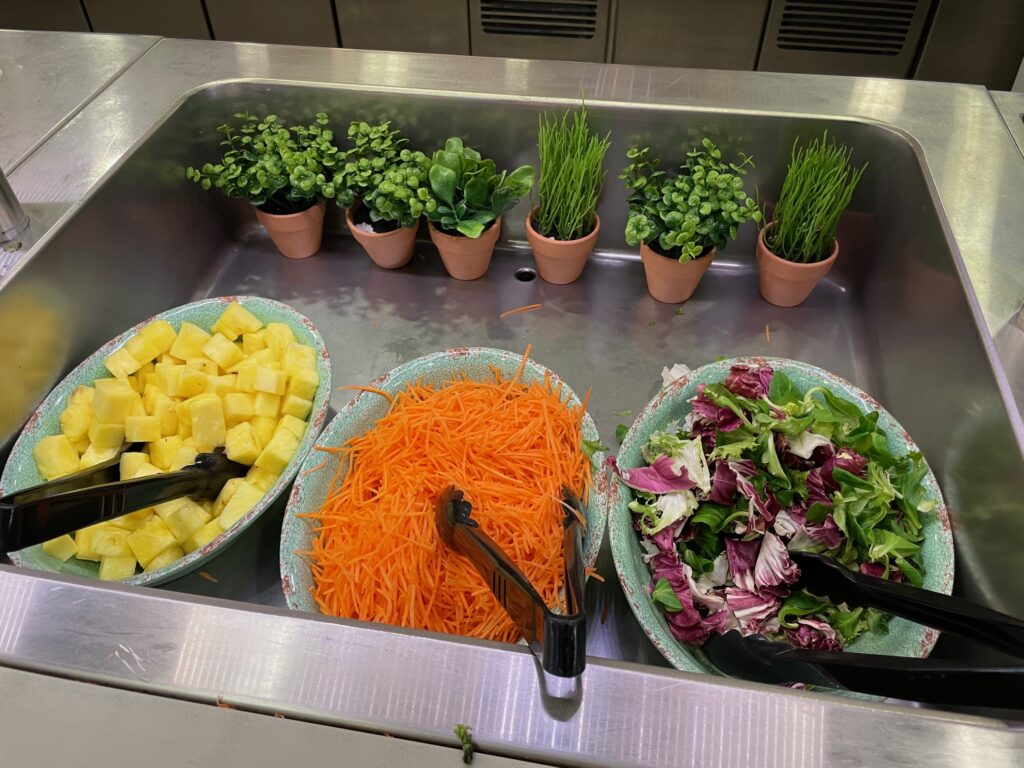
Environmental sustainability is a primary reason for adopting a vegan diet in the social groups I encountered in Finland. Undoubtedly, the significant environmental impact of non-human animal consumption in a globalized colonial neoliberal capitalist system is a critical matter. I have witnessed its impact in Costa Rica, where primary forests, crucial for biodiversity and ecological balance, have been destroyed to make way for animal farming lands. Therefore, it is not wrong to consider environmental issues as a valid reason for a vegan lifestyle. However, focusing solely on environmental concerns overlooks the co-constitution of species and ecosystems.
The concept of the “absent referent,” as described by Adams (2020), is key in understanding the inadvertent worrying perpetuation of speciesism and environmental racism. The language and thought around meat and animal products often fail to acknowledge the existence and suffering of living victims, leading to a conceptual disconnection where the lives and experiences of non-human animals and vulnerable humans become irrelevant or invisible in the context of consumption. This phenomenon is evident in the marketing strategies of plant-based food brands, such as Härkis. An analysis of their website reveals a significant focus on environmental sustainability with prevalent keywords like “planet,” “environment,” and “sustainability.” This strategy suggests a commitment to what the company refers to as a “planetary diet” but noticeably omits any mention of non-human animals or socially vulnerable populations.
Additionally, Peas of Heaven, another plant-based protein producer, uses the duality between animal consumption and veganism as a tool for environmental preservation, as evidenced in their marketing statement: “We love meat… But we can’t continue to eat the way we do if we want to save the planet” (Peas of Heaven n.d.). Nevertheless, it also neglects intersectional considerations by omitting the complexities of human and non-human oppression. Veganisms that focus on the environmental aspect perpetuate violent intra-human and non-human treatments by means of exclusion. This is not to advocate for a different structure where these omitted issues take precedence over the environment, but to vouch for a positive focus on the myriad of differences that need to be addressed through non-animal consumption; to acknowledge both the oppression of the environment and of human and non-human animals in the neoliberal capitalist system as dynamically interconnected.
Disassociating food from its living sources is also highlighted in what Tuana (2004, cited in Arora 2023, 143) notes as “epistemologies of ignorance”—a systematic unawareness of certain realities because acknowledging them disrupts ideas of comfort, privilege, and convenience. By ignoring animal welfare, individualistic and environmental approaches to veganism overlook deeper issues of commodification and exploitation, falling into the epistemologies of ignorance. This ignorance can stem from a coping mechanism to avoid confronting the uncomfortable truths of animal exploitation, which could trigger emotional responses such as denial, grief, rage, and even existential despair (Arora 2023, 151).
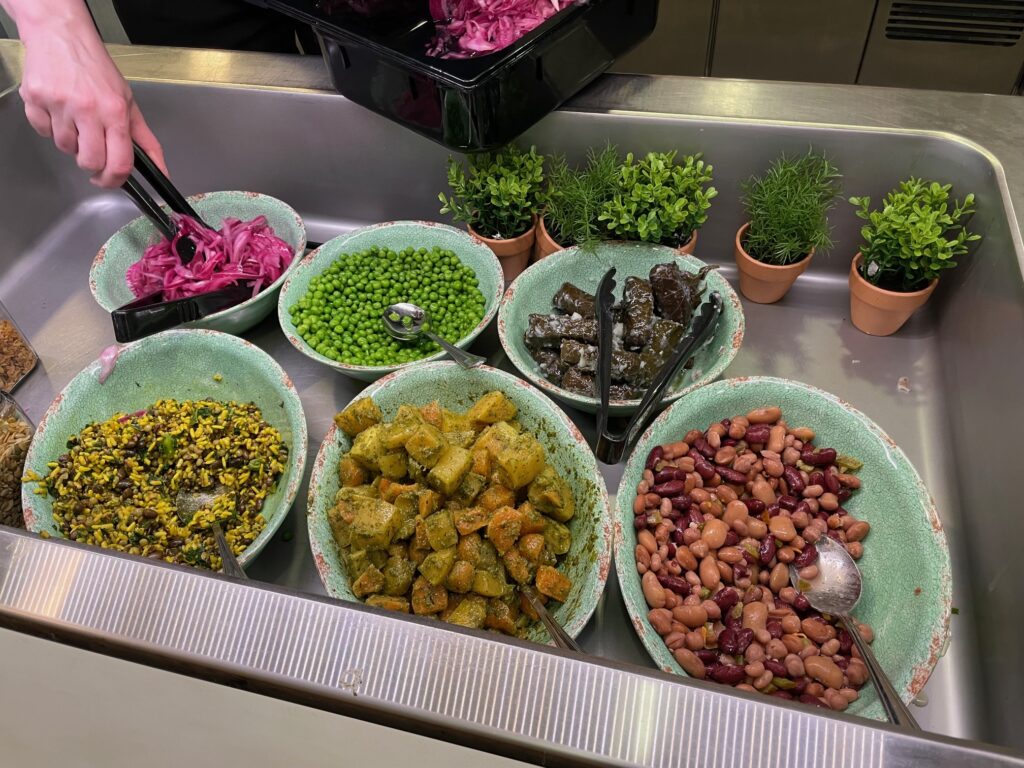
The reluctance to acknowledge these emotions ties into broader patriarchal, heteronormative masculinity-driven narratives, where expressions of empathy or sentimentality are devalued, reflecting entrenched gender norms and a preference for data-driven arguments like the ones seen in environmental discourses such as the rise of carbon emissions due to animal agriculture. Aavik’s (2023) work supports this, showing how male vegans might face perceived threats to their masculinity. Feminist ethics of care challenge this by advocating for empathy, relationality, and moral consideration toward non-human animals beyond their utility to humans, suggesting that veganism should confront and dismantle oppressive systems and ideologies in order to recognize and address animal exploitation.
I have highlighted how veganism, when only focused on health or environmental concerns, tends to overlook the critical issue of animal exploitation. However, it is important to recognize that a veganism which narrowly focuses on animal suffering and its socio-political implications is equally limiting. My proposition is to challenge all single-optic narratives. I advocate for an interconnected approach that recognizes how our dietary choices are deeply woven into various systems of exploitation. The goal of this approach is to challenge dominant structures using innovative strategies that collaboratively engage with the oppressed agents.
Nevertheless, a self-reflection arises: in striving to forge this open entanglement among humans, non-humans, and the environment, am I inadvertently neglecting other realities or perspectives? My understanding of Finland’s food industry, particularly in terms of accessibility, is relatively limited due to my brief time in the country and the language barrier. This exposure means that my observations about vegan motivations in Finland are based more on personal interactions with individuals in Helsinki rather than on a comprehensive quantitative analysis. I have also not delved deeply into the broader societal structures of humanist, ableist, white supremacist heteropatriarchy, nor have I extensively explored the concept of a nonspeciesist decolonial food ontology. These are vast and critical areas that deserve a thorough examination, especially in the context of veganism. Their omission from this discussion is a reminder of the expansive scope of issues that intersect veganism and are a strong prospect for future research and exploration.
Analyzing these aspects aligns with the notion of staying with the trouble as it invites humans to engage with, rather than shy away from, the complexities and challenges that arise in the pursuit of more ethical and sustainable ways of living. In advocating for a multi-optic approach to veganism, I acknowledge the need for continuous dialogue and reflection. This approach is not about finding a singular, definitive answer but about embracing the multiplicity of perspectives and experiences that constitute shared realities. It involves recognizing the limitations in human understandings and being open to learn from the lived experiences of others. As I conclude, I am reminded that this is a journey that requires a critical perspective, responsible actions, empathy, and care.
Alejandra Ruiz Núñez, Master of Arts, Linguistics, Aarhus University
The author is a language and gender scholar with an interest in critical animal, feminist, and intersectional research, theory, and praxis.
The views presented in this article do not necessarily reflect the official position of the Network for Critical Animal Studies in Finland or the Editorial Board of the Eläimiksi website.
Reference list
Aavik, K. (2023). “Men’s Veganism: a Pathway towards More Egalitarian Masculinities?” In Feminist Animal and Multispecies Studies: Critical Perspectives on Food and Eating, edited by Kadri Aavik, Kuura Irni, and Milla-Maria Joki, 281-305. Leiden: Koninklijke Brill.
Aavik, K., Irni, K., and Joki, M. M. (2023). Feminist Animal and Multispecies Studies: Critical Perspectives on Food and Eating. Leiden: Koninklijke Brill.
Adams, C. J. (2020). The pornography of meat. New York, NY: Bloomsbury Academic. Arora, A. (2023). “Pedagogy of the Consumed: an Integral Feminist Lens on Veganism in Higher Education.” In Feminist Animal and Multispecies Studies: Critical Perspectives on Food and Eating, edited by Kadri Aavik, Kuura Irni, and Milla-Maria Joki, 243-174. Leiden: Koninklijke Brill
Haraway, D. (1992). “The Promises of Monsters: A Regenerative Politics for Inappropriate/d Others.” In Cultural Studies, edited by Lawrence Grossberg, Cary Nelson, and Paula Treichler, 295–337. New York: Routledge.
Kim, C. J. (2015). Dangerous crossings: race, species, and nature in a multicultural age. New York, NY: Cambridge University Press.
Peas of Heaven. (n.d.) Accessed October 17, 2023. https://peasofheaven.com/en/.
Quorn. (2023a). Swap Red Meat to Improve Heart Health in Two Weeks. Accessed October 15, 2023. https://www.quorn.co.uk/company/press/swap-red-meat-to-improve-heart-health.
Quorn. (2023b). Vegan Protein Supports Muscle Building. Accessed October 15, 2023. https://www.quorn.co.uk/company/press/vegan-protein-supports-muscle-building.
The Game Changers. (2018). [Streaming Service]. Directed by Louie Psihoyos. California: Netflix



